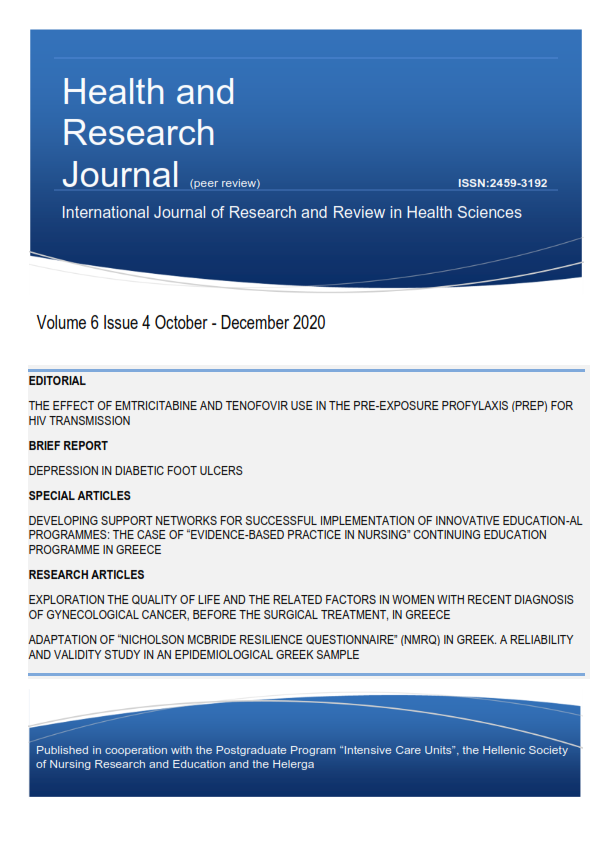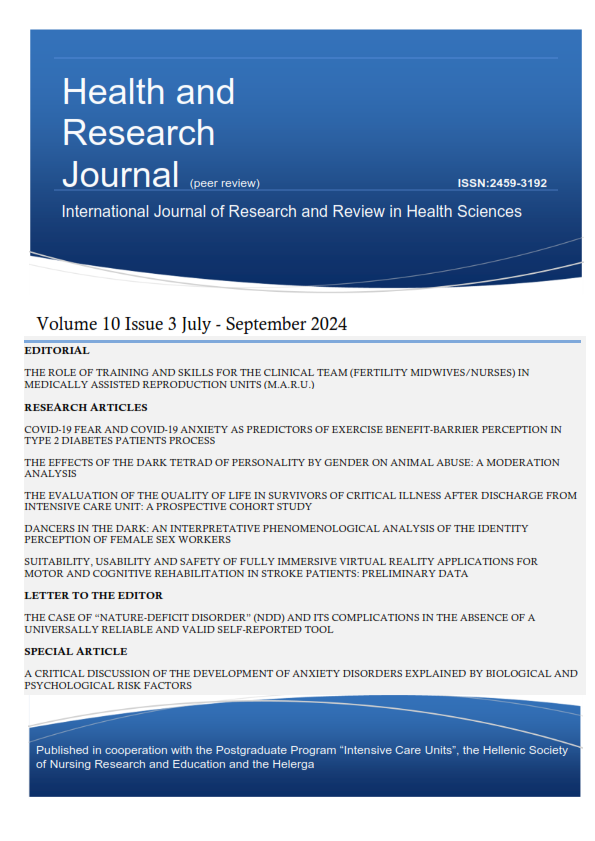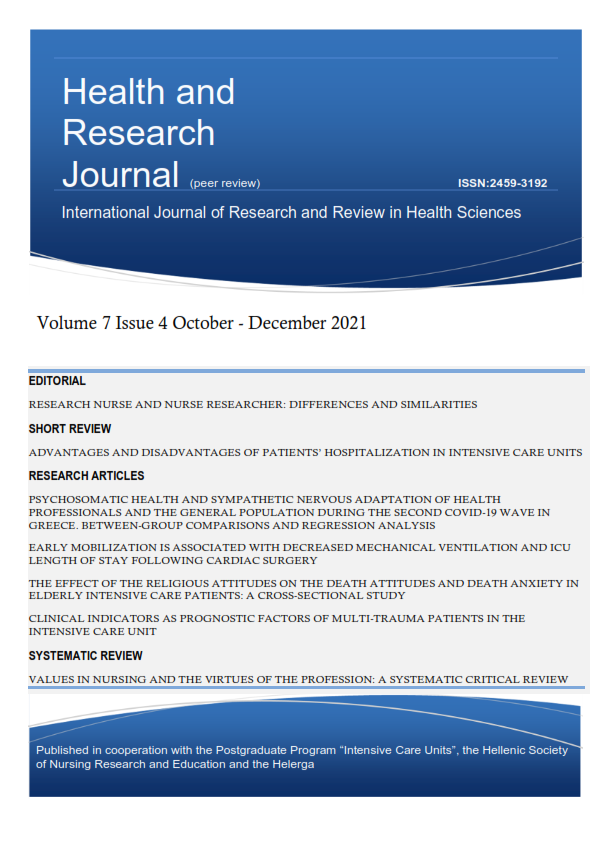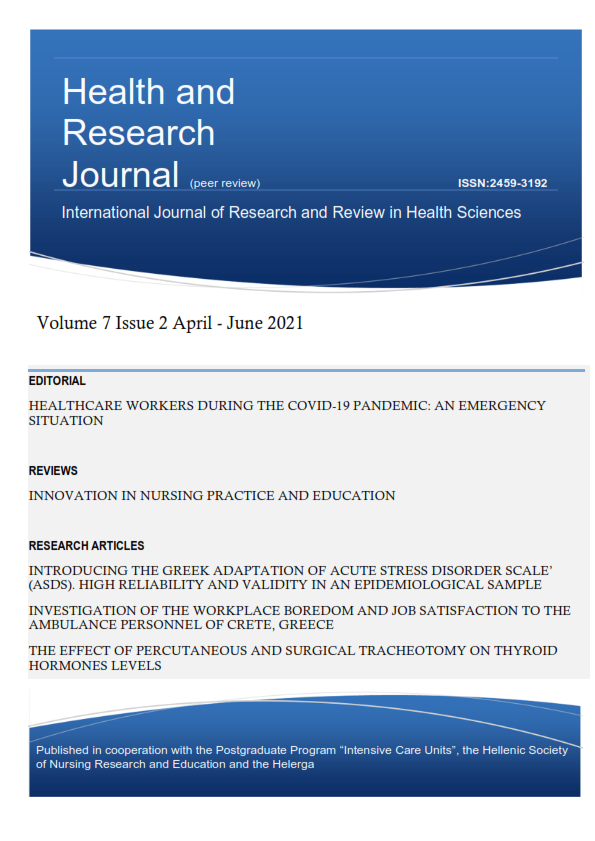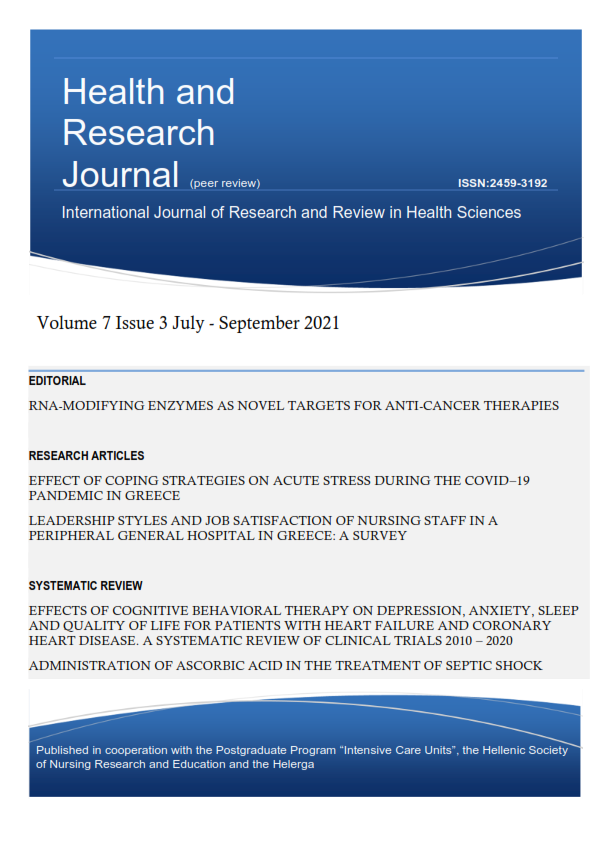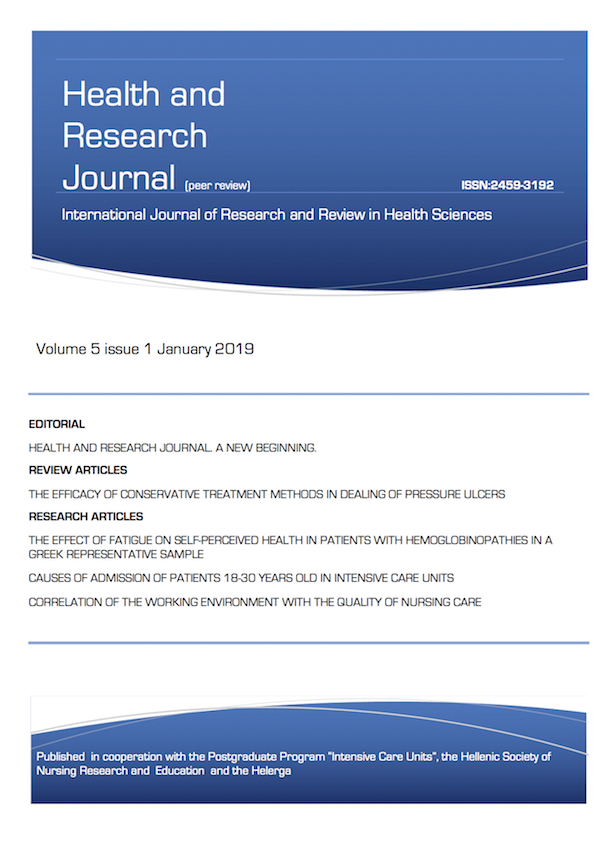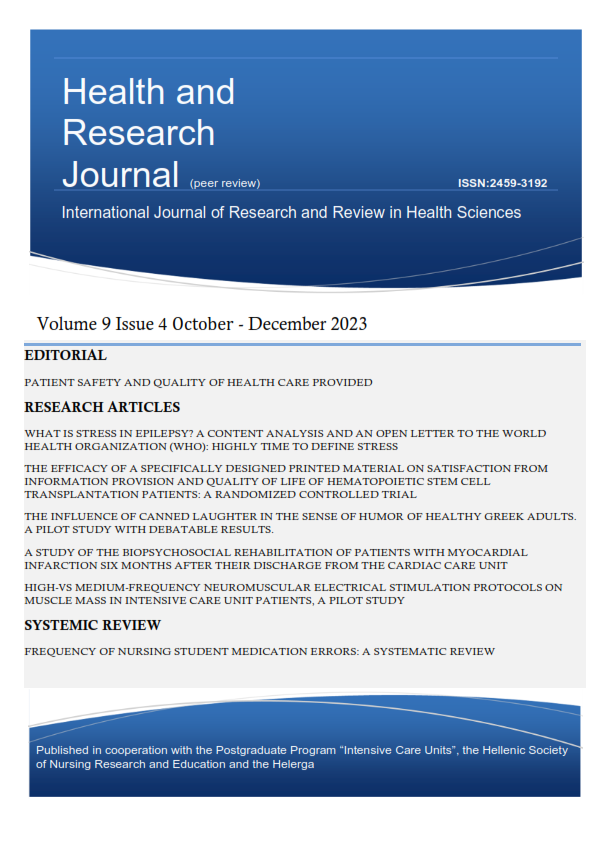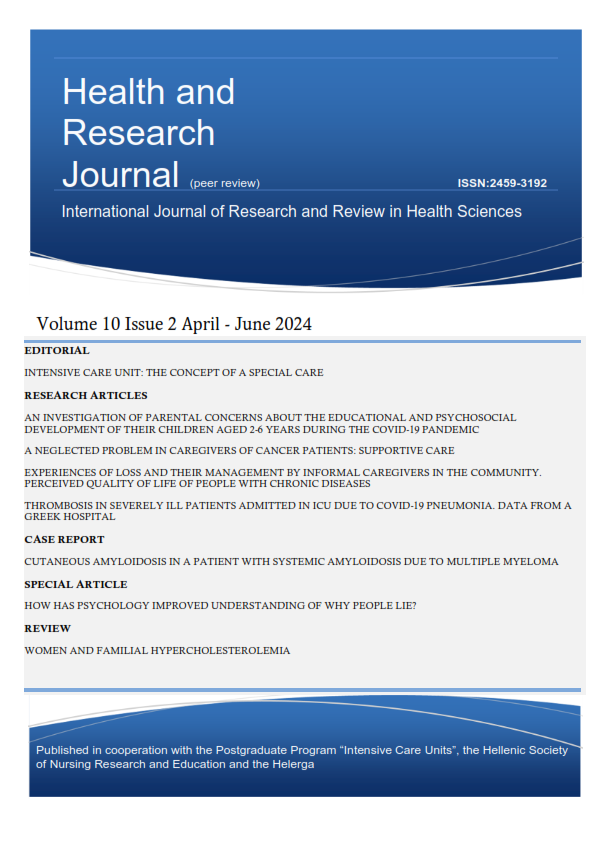Mindfulness-based cognitive theory on cancer pain management: comments on the outcomes of the Aarhus University Hospital research protocol
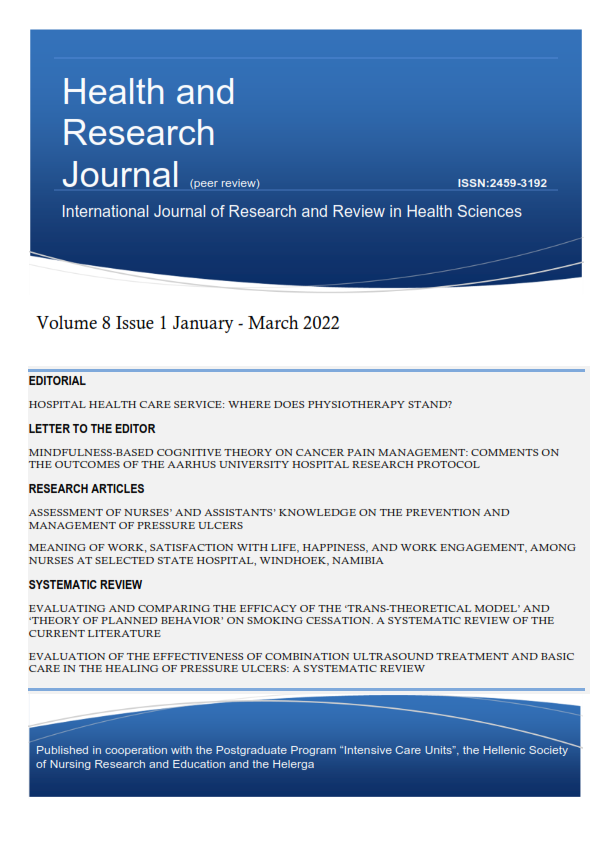
Abstract
Over the last 20 years a branch of ‘Mindfulness-Based Interventions’ (MBIs) has been strongly introduced against anxiety and depression. In between, practitioners perform ‘Mindfulness-Based Cognitive Therapy’ (MBCT) to cancer patients in order to assist them manage the intensity of cancer pain. The World Health Organization (WHO) and the Society of Behavioral Medicine (SBM) communicated very recently that MBIs should be used against cancer pain to compliment the effect of medical drugs. However, the scientific community is still quite skeptical regarding the efficacy of MBCT on cancer pain management, since there is a lack of proper scientific evidence in clinical trials. This article makes comments on the outcomes that were obtained by a single research protocol in Denmark. The published studies tested the efficacy and cost effectiveness of MBCT. What is more, the findings are reflected, as well as further considerations and suggestions are communicated throughout this article.
Article Details
- How to Cite
-
Pilafas, G., & Lyrakos, G. (2022). Mindfulness-based cognitive theory on cancer pain management: comments on the outcomes of the Aarhus University Hospital research protocol. Health & Research Journal, 8(1), 4–9. https://doi.org/10.12681/healthresj.29189
- Section
- Letter to the Editor
Copyright notice:
Authors retain copyright of their work and grant the Health and Research Journal the right of first publication.
License:
Articles are published under the Creative Commons Attribution 4.0 International License (CC BY 4.0). This license permits use, sharing, adaptation, distribution, and reproduction in any medium or format, including for commercial purposes, provided that appropriate credit is given to the author(s) and the original publication in this journal, a link to the license is provided, and any changes are indicated.
Attribution requirement:
Any reuse must include the article citation and DOI (where available), and indicate if changes were made.



